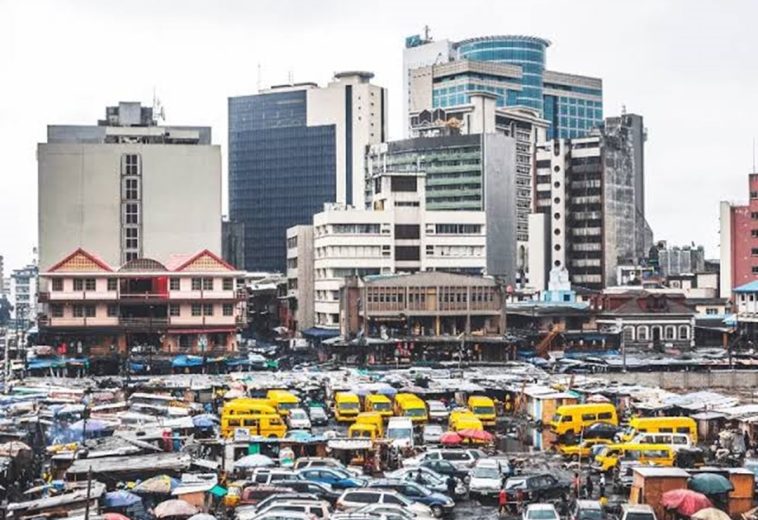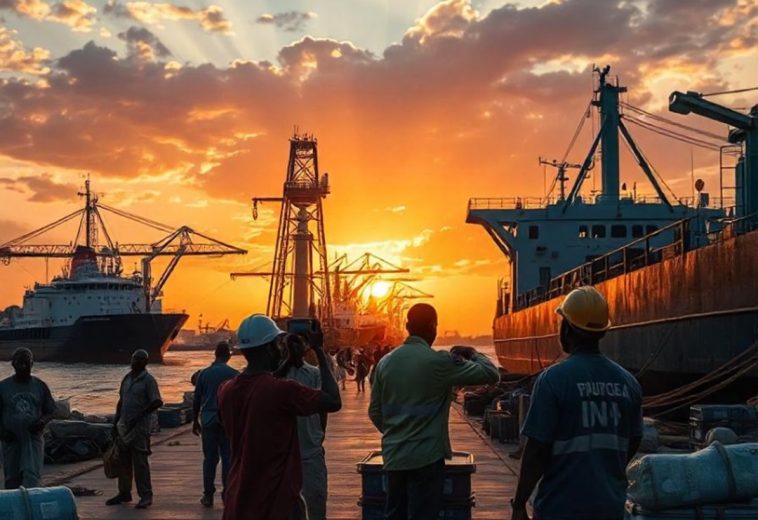Africa, a continent of boundless potential and diverse resources, stands at a pivotal juncture in its quest to expand its share of global trade. As the world’s economic landscape evolves, the urgency to integrate Africa more deeply into global commerce has never been greater. Although the continent currently contributes just 3% to global trade, it possesses untapped opportunities that could significantly elevate this figure. Achieving this transformation requires bold initiatives, cohesive strategies, and innovative approaches that harness Africa’s unique strengths.
Unlocking Africa’s Trade Potential
Africa’s vast natural resources, dynamic youthful population, and strategic geographical positioning make it a sleeping giant in global trade. Yet, this potential has often been underutilised due to structural challenges, limited infrastructure, and fragmented markets. Presently, Africa’s exports remain predominantly raw materials, accounting for about 80% of its total exports, resulting in minimal value addition.
READ ALSO: EU-Africa Balance of Trade 2023
The Role of AfCFTA in Expanding Intra-African Trade
The African Continental Free Trade Area (AfCFTA), launched in 2021, offers a game-changing platform to rewrite this narrative. By uniting 54 countries into a single market of over 1.4 billion people, AfCFTA aims to boost intra-African trade and enhance Africa’s competitiveness on the global stage. Early results indicate progress, with intra-African trade expected to grow by 52% by 2025, according to the United Nations Economic Commission for Africa (UNECA).
Investing in Trade-Enabling Infrastructure
Infrastructure is the backbone of trade, and Africa’s trade ambitions hinge on addressing its infrastructure deficits. A report by the African Union (AU) revealed that the continent’s infrastructure financing gap stands at $68 billion annually. This gap limits efficient connectivity within and beyond the continent.
Major Infrastructure Projects Boosting Trade
Notable projects like the Lamu Port-South Sudan-Ethiopia Transport (LAPSSET) Corridor and the Trans-African Highway are paving the way for improved trade logistics. Across the continent, ports, railways, and airports are being upgraded in countries such as Kenya, Nigeria, and South Africa to facilitate faster and more cost-effective movement of goods. Furthermore, the expansion of digital infrastructure is revolutionising e-commerce, enabling small businesses to access international markets.
Industrialisation: Shifting from Raw Materials to Value-Added Goods
To gain a foothold in global trade, Africa must shift from exporting raw materials to manufacturing value-added goods. Industrialisation is key to this transformation. Countries like Ethiopia have become exemplars of this shift, with its burgeoning textile industry exporting garments to Europe and North America. Similarly, Ghana’s push to process cocoa into chocolate rather than exporting raw beans is adding value and creating jobs.
Renewable Energy: A Growing Sector
Renewable energy also offers a lucrative avenue for diversification. Africa’s solar energy sector, particularly in Morocco and South Africa, is gaining traction in global markets. By capitalising on its abundant resources, Africa can position itself as a leader in green energy exports, meeting the world’s growing demand for sustainable solutions.
Towards a Unified African Market
Fragmented markets have long been a hurdle to Africa’s trade aspirations. Regional integration through initiatives like AfCFTA is breaking down these barriers. Harmonised trade policies, reduced tariffs, and streamlined customs procedures are fostering an environment conducive to intra-African trade.
Economic Benefits of Regional Integration
According to the World Bank, AfCFTA could lift 30 million Africans out of extreme poverty and increase the continent’s income by $450 billion by 2035. Rwanda and Senegal have emerged as trailblazers, implementing reforms to ease cross-border trade and attract foreign direct investment (FDI).
Embracing the Digital Economy
The digital revolution is reshaping global trade, and Africa is leveraging technology to bridge trade gaps. Digital payment platforms like M-Pesa have revolutionised financial inclusion, enabling cross-border transactions with ease. E-commerce platforms such as Jumia and Flutterwave are connecting African businesses with global customers.
Blockchain Technology Enhancing Transparency
Blockchain technology is also being deployed to enhance transparency in trade. For instance, Kenya’s adoption of blockchain in its tea export value chain ensures authenticity and builds trust with international buyers. These tech-driven solutions are not only modernising Africa’s trade processes but also enhancing its appeal to global markets.
Building Human Capital for Trade Growth
A skilled workforce is critical for sustaining Africa’s trade growth. Investments in education, vocational training, and entrepreneurship are empowering young Africans to innovate and compete globally. Countries like Mauritius have prioritised upskilling their labour force, resulting in a thriving export-oriented economy.
The AU’s Commitment to Human Capital Development
The AU’s Agenda 2063 emphasises human capital development as a cornerstone of Africa’s economic aspirations. By nurturing talent and fostering a culture of innovation, Africa can unlock its trade potential and achieve sustainable growth.
Overcoming Barriers to Trade Expansion
Despite these advancements, challenges persist. Non-tariff barriers, political instability, and climate change remain significant hurdles. However, Africa’s resilience and determination are evident in its proactive measures to address these issues. International partnerships and South-South cooperation are bolstering the continent’s efforts to integrate into global trade networks.
Africa’s journey to becoming a formidable player in global trade is akin to a rising tide lifting all boats. By harnessing its abundant resources, embracing innovation, and fostering unity, the continent is poised to rewrite its trade narrative. With the winds of AfCFTA in its sails, Africa’s ascent in global trade is not just a possibility; it is an inevitability.




